By JEFFREY SWAIN
While I was in Atlanta a few weeks ago, Fidel Castro died and Cuban Americans poured into the streets to celebrate – a sin and a poor lesson to children. That night, we taught children to relish a loss of life; and Cuban children, interviewed on television, showed that they had only been told half- truths about the Cuban Revolution. Castro was neither all saint nor sinner – like the slaveholders who founded America.
The Fidel Castro America created through propaganda was a tyrannical dictator who killed thousands and imprisoned untold numbers. Often untold are Castro’s reforms such as one of the highest literacy rates in Latin America, resistance to American imperialism and a universal healthcare system – however flawed. Rarely, is there a mention of Castro coming to New York, post-revolution, to seek the support of the United States and his being rejected by our government. Instead, America’s assassination attempts on his life are glorified. America wanted Cuba for itself once Spain was ousted.
Cubans in Miami have allowed the American historical perspective of subduing its Caribbean and Latin American neighbors to paint a one-sided picture of Fidel Castro without room for considering him as a complex historical figure of the 20th century – fully imperfect – who evolved into an entrenched Communist. Are we being true to our intellect or history if we believe that black folk in Cuba, who before Castro participated in the fight for freedom from Spain, were treated fairly by their white counterparts? They weren’t.
As a black American born at the end of the American civil rights struggle and having lived long enough to see Donald Trump composing a Cabinet of affluent whites who do not countenance the poor or people of color, I want Cubans who have benefited from white skin to acknowledge that their sentiments and anger over Castro’s atrocities did not warrant dancing in the streets. Black Americans, First Nations peoples, Asians and others who have endured American oppression never gloried in the deaths of our oppressors.
Why, then, does a black American care for any of this? Well, 70% or more of Cubans are people of color and products of the African diaspora. They are the descendants of former slaves. Antonio Maceo, the black father of Cuban independence from Spain, is rarely mentioned by those who marched in Miami. (See Black in Latin America by Henry Louis Gates Jr.) Many of the Cubans who first left after the revolution were tied to the corruption of the American mafia through personalities like gangster Meyer Lansky who ruled his America criminal empire from Havana by buying the white social hierarchy and their mulatto puppet President Fulgencia Batista.
Fidel, like other 20th century leaders, is a multifaceted figure – corrupted by power and pushed to extremes between American democracy and Soviet communism. That tension engulfed Cuba and the world at one point. Castro is not to be revered, but analyzed through the lenses of history and time. I do not question the grievances of American Cubans and their families. However, I do take issue with the image of celebration over a death, of a one-sided historical perspective and Christian principles gone awry. Proverbs 24:17 says, “Do not gloat when your enemy falls; when they stumble, do not let your heart rejoice, or the LORD will see and disapprove and turn his wrath away from them.” What we teach our children matters. Having been born two years after the revolution, I have seen waves of immigration from Cuba’s shores. Revenge never looks good in the hands of people. It belongs to the Lord. Our children deserved a better example.
Jeffrey Dean Swain, Ph.D is the Dean of Campus Ministry at Florida Memorial University.
Jeffrey.swain@fmuniv.edu

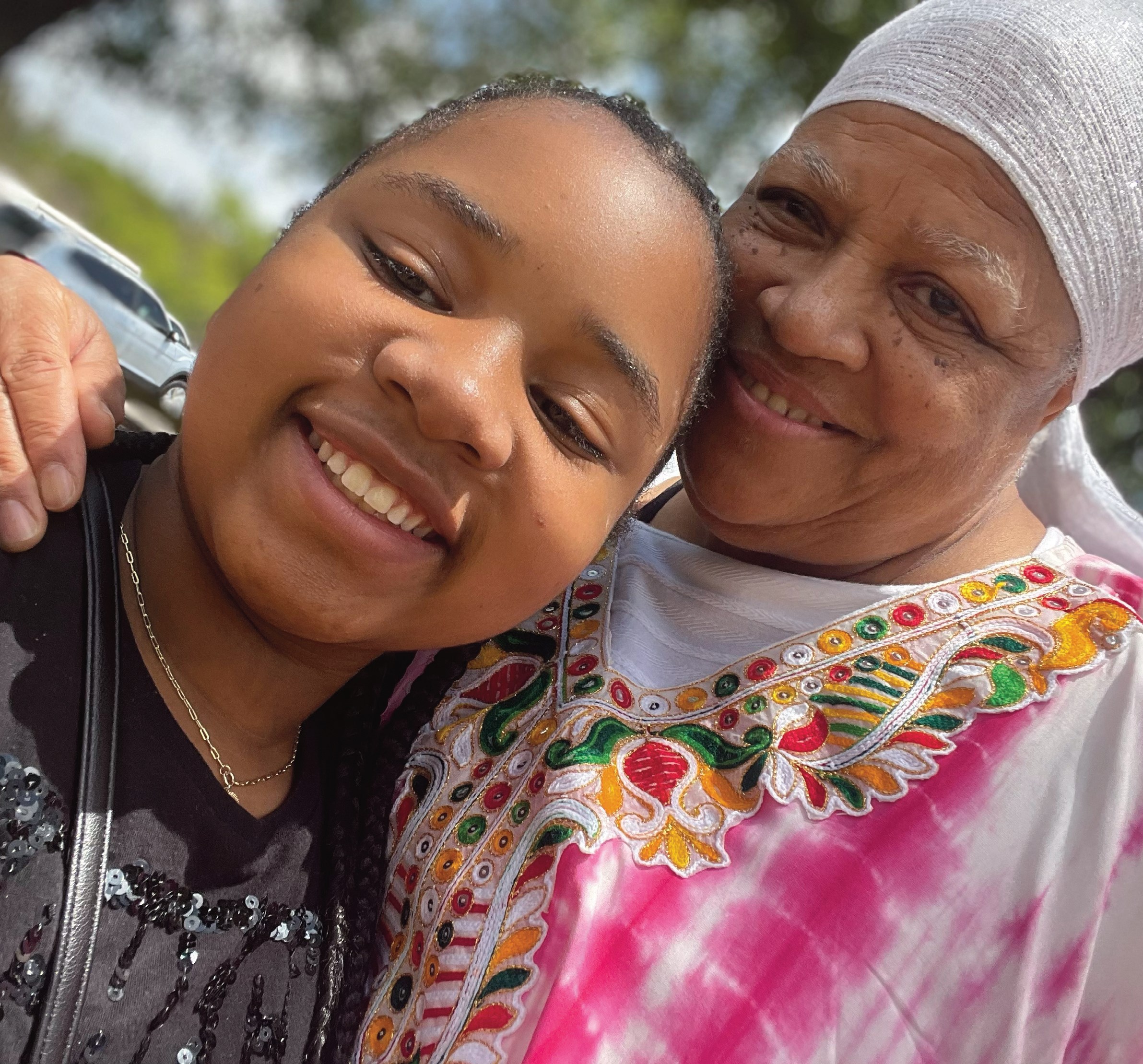

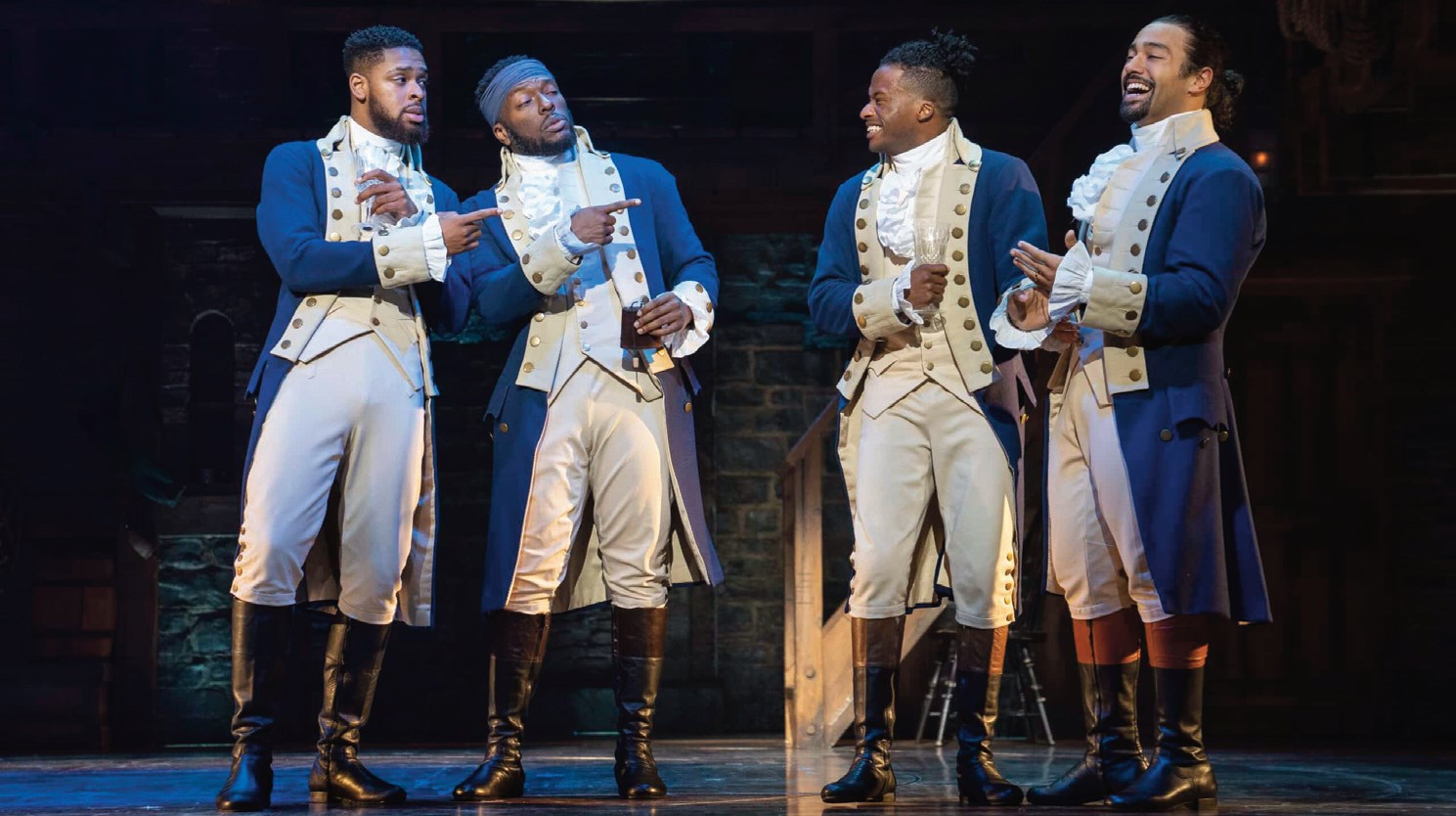

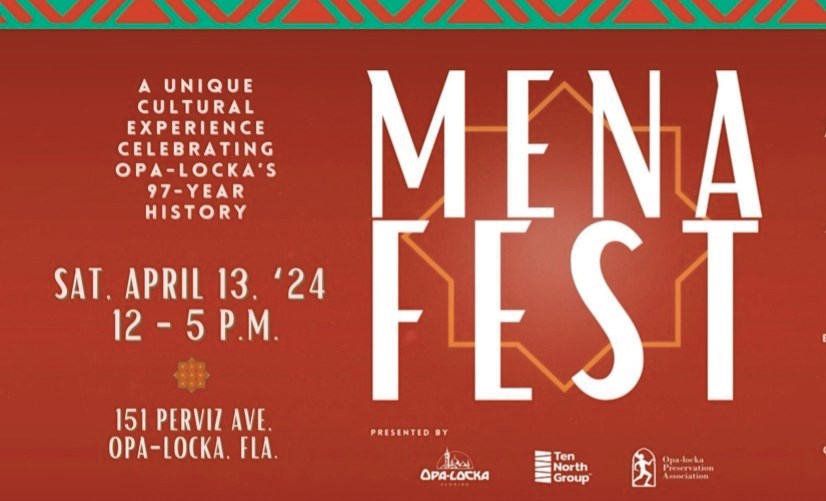
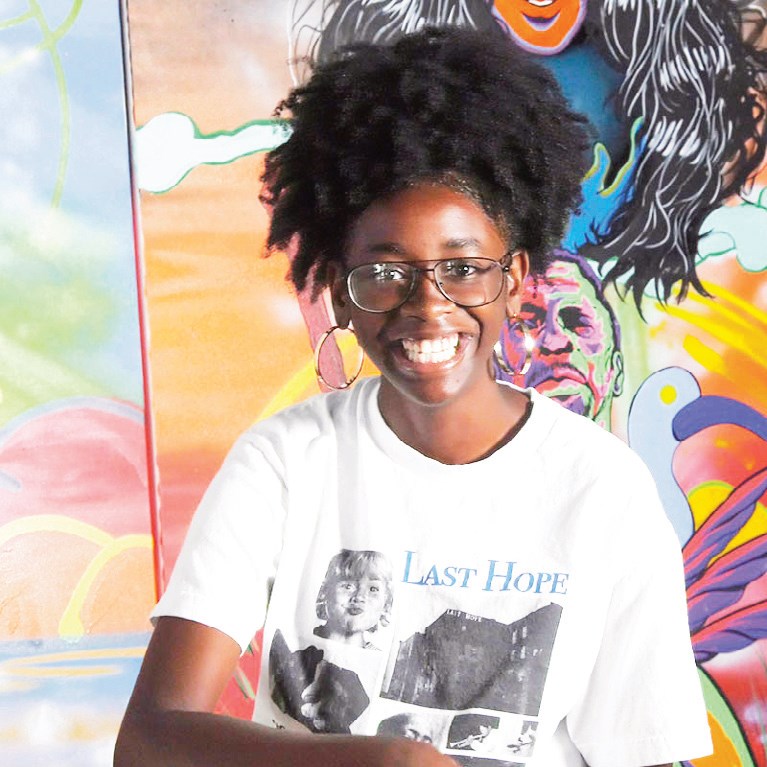
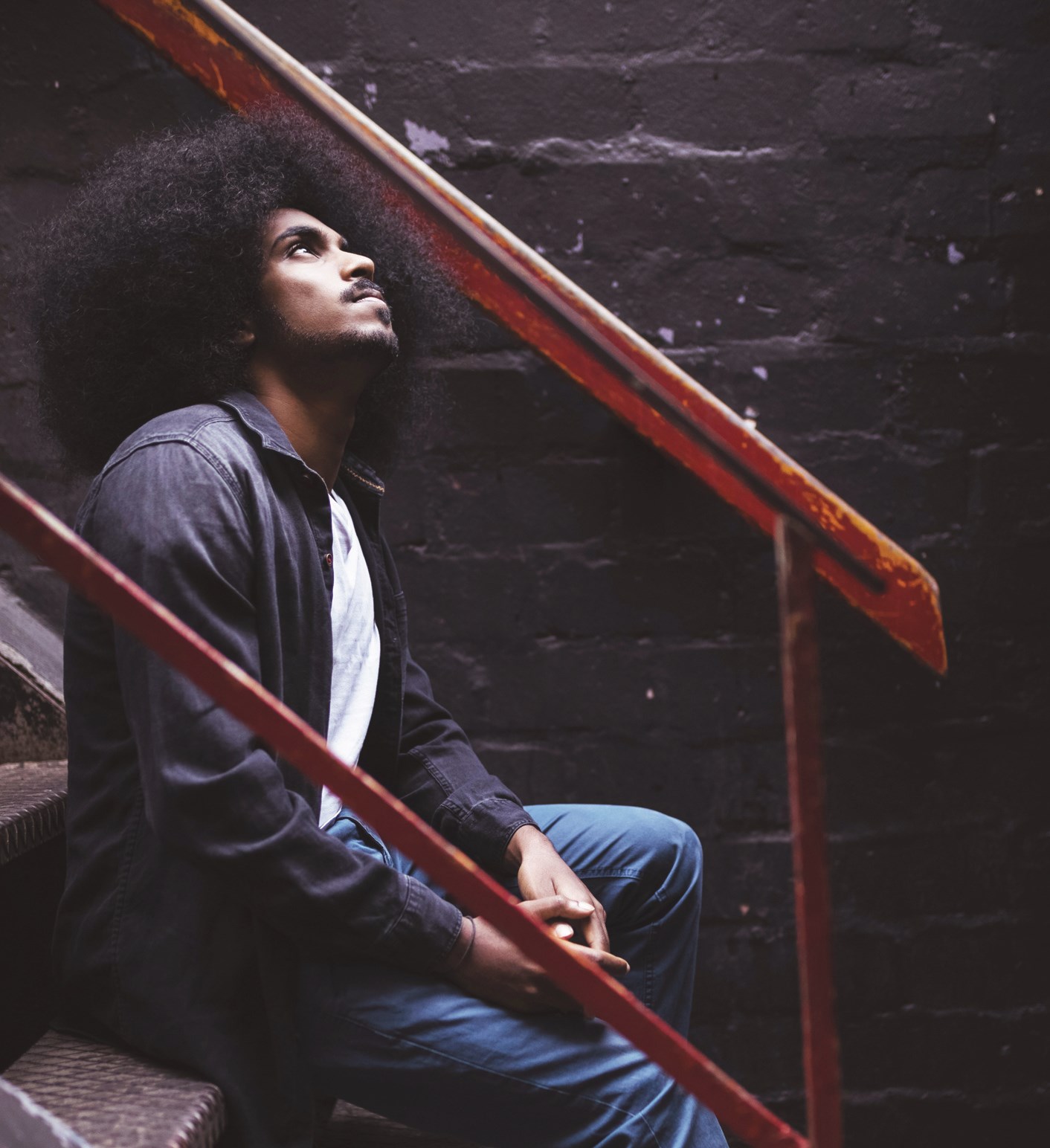
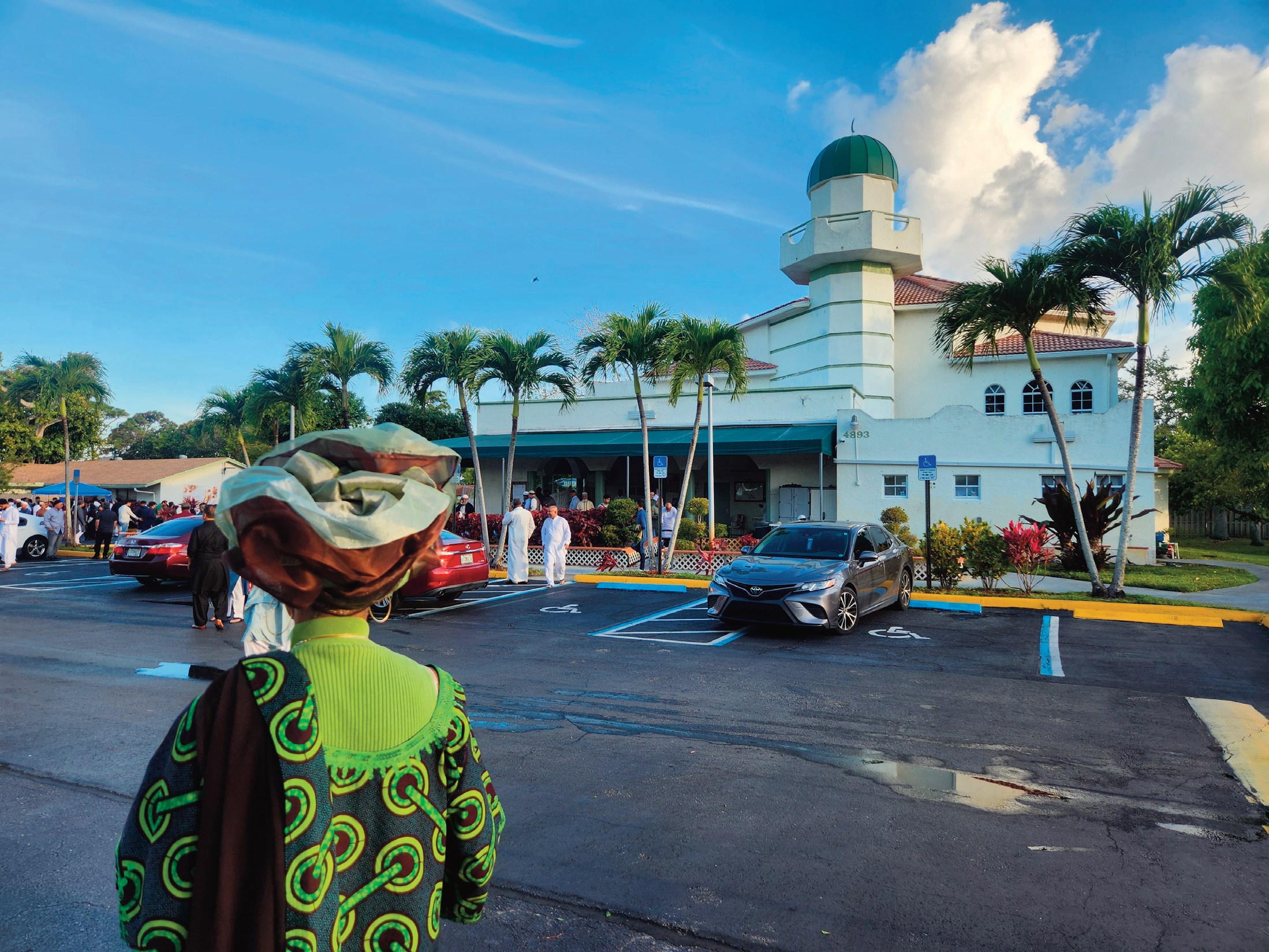

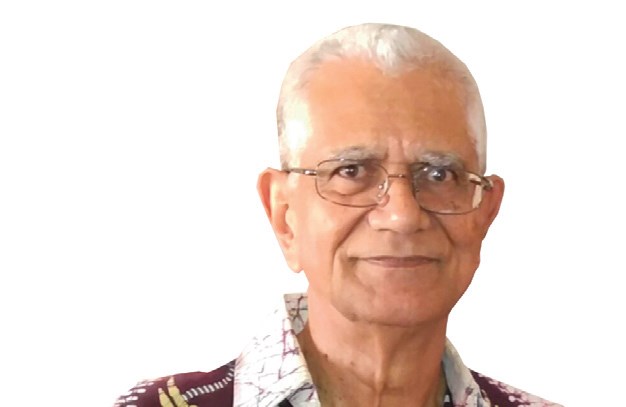
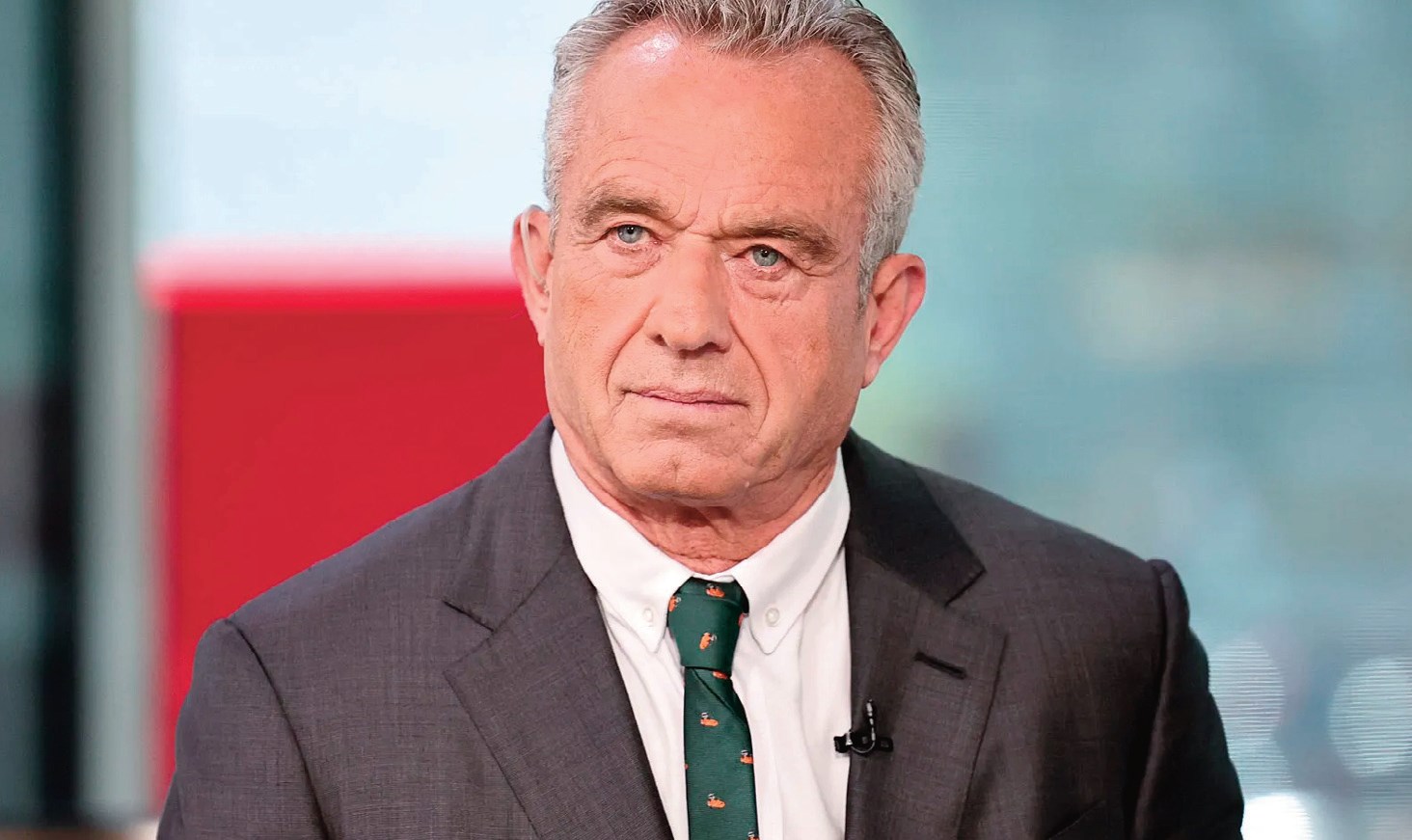

No Comment